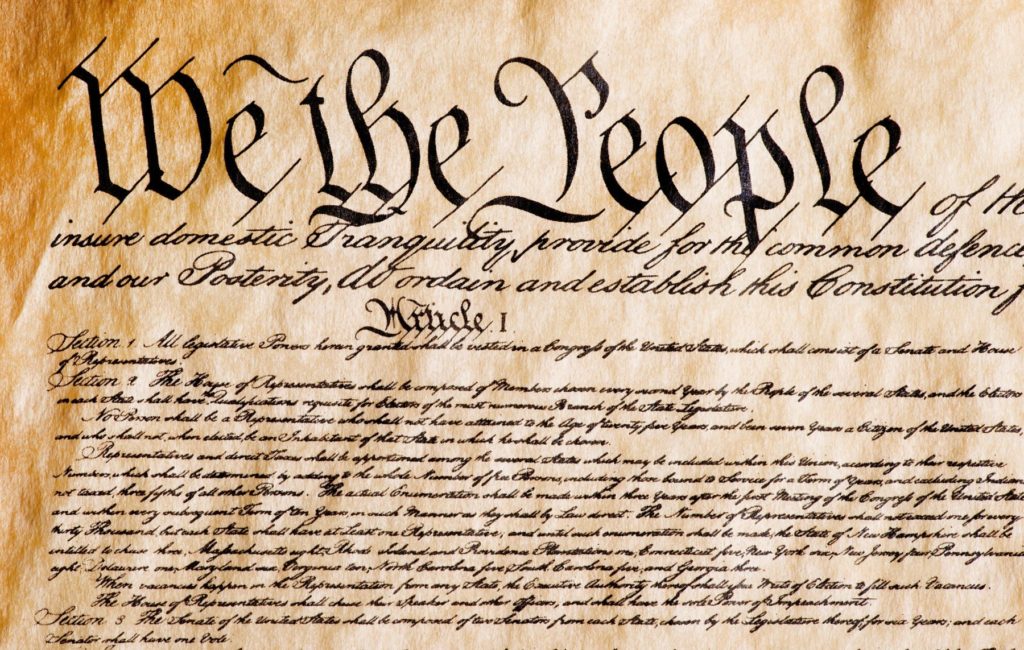Miranda Rights are one of those things that most people know a little about but not all of the facts. This is understandable. Apart from high school civics and maybe a few tv shows like Law & Order, Miranda Rights are not part of everyday talk, especially if you’re not a criminal defense attorney like Shaun Kent or a police officer. When Miranda Rights are brought up there’s usually a whole mess of misconceptions and myths brought up along with them. This article will clear up some misconceptions and myths regarding Miranda Rights. A case will not simply be dropped due to an error with Miranda Rights, so contacting a criminal defense attorney like Shaun Kent is highly recommended. If you or someone you love is facing criminal charges like Assault, Burglary, Theft, or worse, contact a South Carolina criminal defense attorney fast. The more time you give your legal team to come up with a strategy the better your outcome may be. Our goal is to see you evade the worst outcome. Call our law office today at (803) 433-5368 to schedule your free consultation.
The Biggest Myths and Misconceptions about Miranda Rights
Before we go over the most common misconceptions thrown around about Miranda Rights let’s go over the basics. Namely, what are your Miranda Rights? The Miranda Rights, or Miranda Warning (when being told to someone), are a set of principles that usually are phrased to include the following things:
- You have the right to remain silent
- Anything you do say can be used against you
- You have the right to an attorney
- If you cannot afford an attorney one will be appointed for you
Although this is straightforward there are certain details one must remember and a few misconceptions you should know about. The biggest myth being:
- “I wasn’t read my Miranda Rights when I was arrested, my case will get dropped right?”
This is not correct. When a person is arrested they do not have to have the Miranda Warning read to them. A Miranda Warning is read before custodial interrogation. That is after the arrest once a person is in police custody. If this warning was not given to a person being held in custody then whatever is said during the interrogation can be dropped from a case. But, the case as a whole does not have to be dropped. Why? Because other evidence can be used. Physical evidence collected during the investigation of a crime does not fall under the same Fifth Amendment Rights guaranteeing a person is read their Miranda Rights. There are exceptions to when you have to be told your Miranda Rights. For example, if you are pulled over you have to give your driver’s license and registration but that’s about it. And, if the police come to your door or ask you to go down to their precinct to answer questions you are not under arrest so they do not have to tell you the Miranda Warning.
Contact Us Today
The best thing you can do is to remain silent if you have been placed under arrest. Waiving your Fifth Amendment rights is not the best thing to do because you can incriminate yourself and whatever you say can be used against you. If you or a loved one have been charged with a crime in South Carolina contact our firm today to schedule a consultation.


